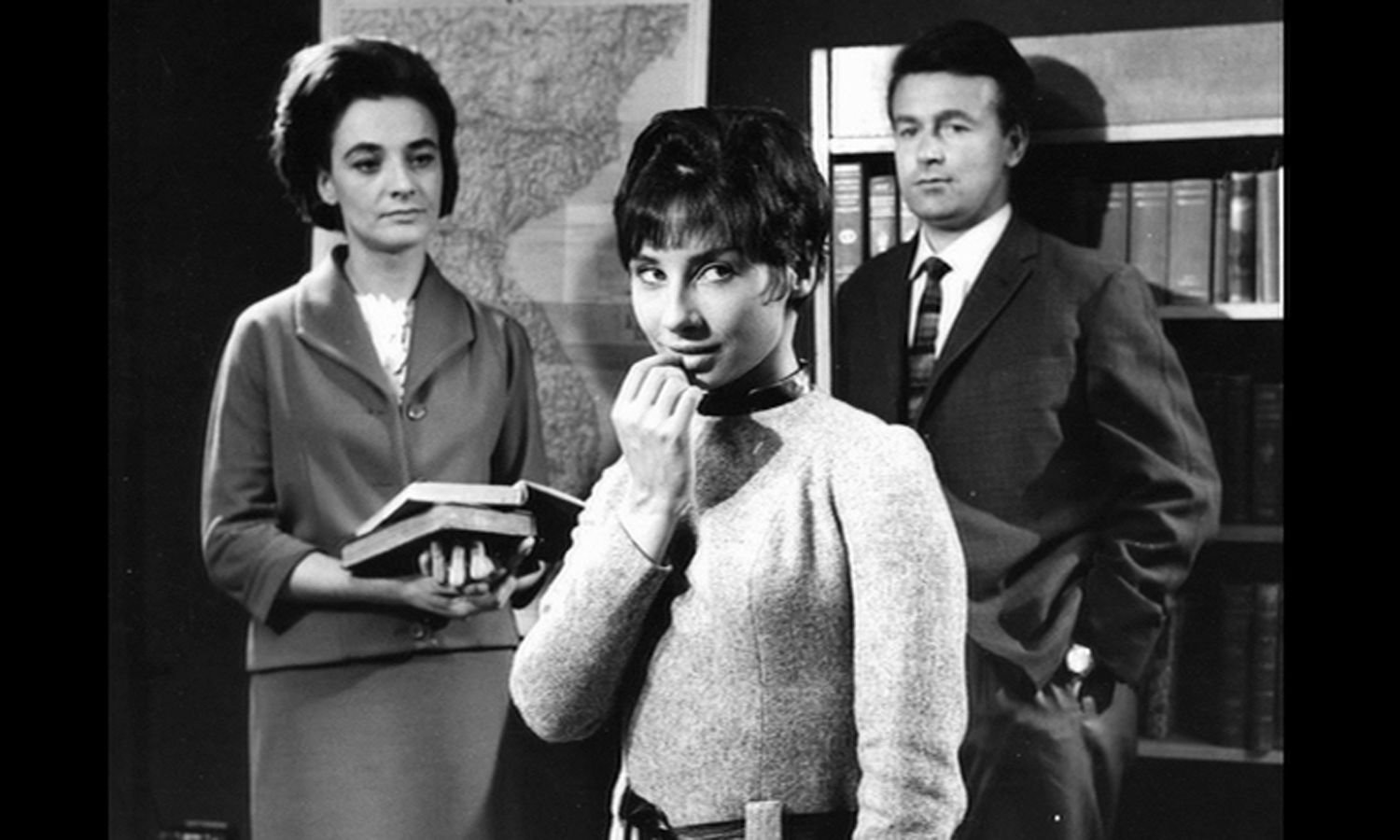It’s been announced that BBC Four will no longer commission new programmes and will become an archive-focussed channel. The move is part of the ongoing drive to cut costs at the BBC.
Though it rarely attracts large audiences, the channel is valued by many for its programming, which has a strong focus on documentaries and factual content, along with some notable successes in comedy and drama.
Some series which originated on BBC Four, including Detectorists, The Thick of It, and Charlie Brooker’s Screen Wipe, made the move to other BBC channels as they became popular hits. BBC Four has also acquired a reputation as a place to discover foreign drama, with UK viewers getting their first taste of acclaimed series such as The Killing and The Bridge via the channel’s Saturday evening schedule. Friday is still the night to tune in for old Top of the Pops episodes and music documentaries.
BBC Four has deployed Doctor Who sparingly in its schedules, tending to show stories as part of themed evenings and seasons. November 2006, for example, saw Spearhead from Space and The Ark in Space shown as part of the Science Fiction Britannia season. The Daemons was a fitting choice for Archaeology Night in October 2007, and the channel played its part in the 50th anniversary celebrations in 2013 by repeating An Unearthly Child. The Face of Evil was shown over two nights at Christmas 2015, seemingly for no better reason than it was a story that had first been shown over the festive season, but was no less welcome for that.
The decision to become archive-only doesn’t come as a surprise, with the number of new programmes debuting on BBC Four having declined considerably in recent times, and it remains to be seen exactly how much of difference viewers will notice.
Doctor Who fans in the UK will be interested to know if they can expect more reruns of the series. BBC Four has certainly been a good source of classic dramas and comedies lately, with Tinker Tailor Soldier Spy, Yes, Minister, and The Fall and Rise of Reginald Perrin, along with early episodes of All Creatures Great and Small, all being given a showing in recent months.

Classic Doctor Who episodes are arguably a harder sell than any of those for schedulers looking for an archive hit to bag viewers. There’s also the fact that BritBox, the streaming service made up of archive shows from the BBC and other channels, has so far been a success, surpassing early subscriber targets. The service has promoted access to the Doctor Who back catalogue heavily in its marketing, and the corporation will perhaps be cautious about transmitting older series on terrestrial channels when those programmes are an important part of the lure for those paying a subscription for BritBox.
It seems obvious to say it, but the biggest loss resulting from this decision will be a reduction in the number of slots available for programmes which won’t necessarily be considered a good fit for the other BBC channels. Announcing the news in its annual plan, the BBC stated that “this approach will necessitate a shift away from commissioning a high volume of lower-cost programmes on BBC Four, which are less effective at reaching audiences on the channel and on iPlayer”.
Any inclination to take a risk on something low profile and considered to be of minority appeal will surely be less likely in future. The days when BBC Four had the resources to produce a live remake of The Quatermass Experiment in 2005 seem a very long time ago now. But more recently those interested in Doctor Who, as well as the history of television itself, will have enjoyed the likes of The Sound of TV, Neil Brand’s excellent series on television music, and Delia Derbyshire: The Myths and the Legendary Tapes, Caroline Catz’s impressionistic docu-drama, in the past year on BBC Four.
Nothing stays the same in broadcasting, of course, and the BBC faces a mammoth task to justify the licence fee, make savings, and appeal to a wide demographic. Rather ironically, the corporation has also decided that BBC Three, which became online-only in 2016, is to reappear as a broadcast channel next year as part of efforts to attract a younger audience. Not so long ago you couldn’t turn on BBC Three without happening upon a post-2005 Doctor Who. Happy days!


